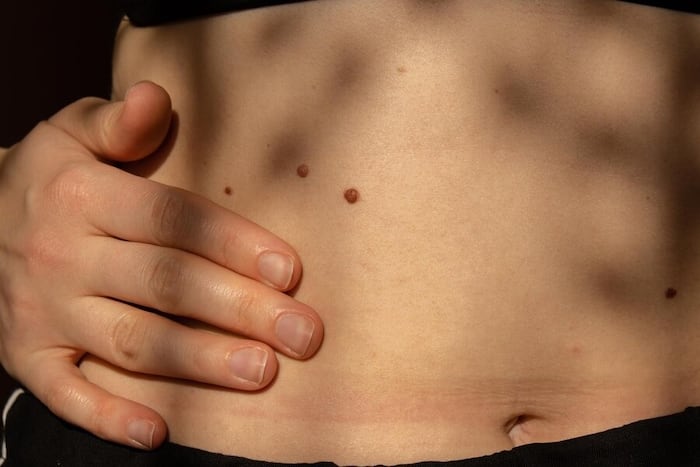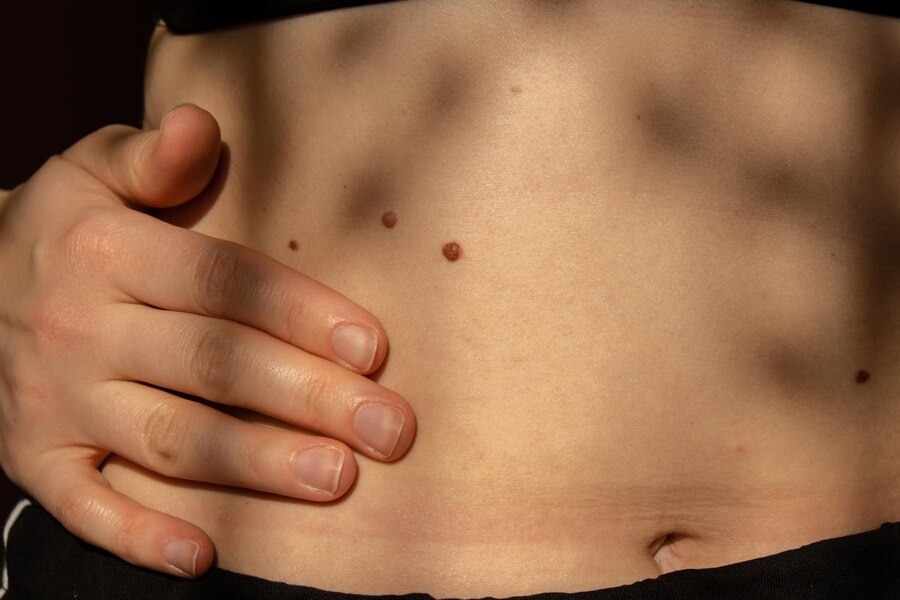Melanoma is a serious form of skin cancer that begins in the melanocytes, the cells responsible for producing melanin, which gives you skin its colour. Understanding melanoma and knowing how to protect yourself is crucial for reducing risks and improving health outcomes.

Many people underestimate the impact of specific health concerns, especially when it comes to preventive measures. Protecting your skin is essential for maintaining overall health and preventing a variety of skin-related issues. Effective skin protection helps shield against harmful UV radiation, which can lead to sunburn, premature aging, and even skin cancer. Prioritizing skin protection is a crucial step in ensuring long-term wellness and enjoying a vibrant, youthful appearance.
Among these concerns, melanoma—a type of skin cancer—poses a significant threat but often goes unnoticed. Many individuals are unaware of the risks and signs associated with this serious condition, leading to late diagnoses and more severe health consequences. Understanding melanoma and knowing how to protect yourself is crucial for reducing risks and improving health outcomes.
What Is Melanoma?
Melanoma is a type of skin cancer that originates in the cells that give your skin its colour. It is less prevalent than other types of skin cancer but poses a greater risk due to its potential to metastasize if not identified early. Melanoma affects people of all genders and ages, though certain factors may increase susceptibility. Here’s why it’s a concern:
- Many people spend significant time outdoors and might neglect to use sunscreen.
- Regular skin checks are often overlooked, leading to delayed diagnosis.
- Exposure to UV rays, whether from the sun or tanning beds, increases the risk of melanoma.
- Some individuals’ skin, depending on thickness, collagen, and elastin levels, can be more prone to sun damage.
- Research indicates that these factors can make skin more vulnerable to damage from the sun’s ultraviolet (UV) rays.
Common Signs
It’s crucial to identify the signs of melanoma early. Dr Abhishek Charan, Medical Oncologist, HCG Cancer Centre Jaipur shared common symptoms to watch for:
- Changes in the size, shape, or colour of existing moles.
- Irregular, notched, or blurred edges on moles.
- Moles that display multiple colours or uneven colour distribution.
- Moles larger than about 6mm should be evaluated by a doctor.
- Any changes in a mole, such as size, shape, colour, or other characteristics.
If you observe any of these signs or notice something unusual, it’s important to promptly schedule an appointment with a dermatologist. Early detection is key to successful treatment.
Can You Preventive it?
- Taking steps to prevent melanoma is crucial, even though not all risk factors can be controlled.
- Ensure that you apply sunscreen with SPF 30 or higher daily, regardless of weather conditions.
- Wearing protective clothing such as long sleeves, wide-brimmed hats, and sunglasses can effectively shield your skin from harmful UV rays, especially between 10 AM and 4 PM, when sun exposure is most intense.
- Avoiding tanning beds is essential, as they emit UV radiation that significantly increases the risk of melanoma.
- Regularly examining your skin every month and scheduling annual check-ups with a dermatologist can help detect any changes or abnormalities early, improving the chances of successful treatment.
Incorporate these practices into your routine to actively reduce your risk of melanoma and maintain healthy skin for years to come. Understanding melanoma and taking proactive steps can make a significant difference in protecting your skin and overall health. By remaining vigilant and adopting sun-safe habits, you can enjoy outdoor activities while reducing your risk of skin cancer. Make healthy skin a habit! Stay informed and take charge of your skincare routine.

